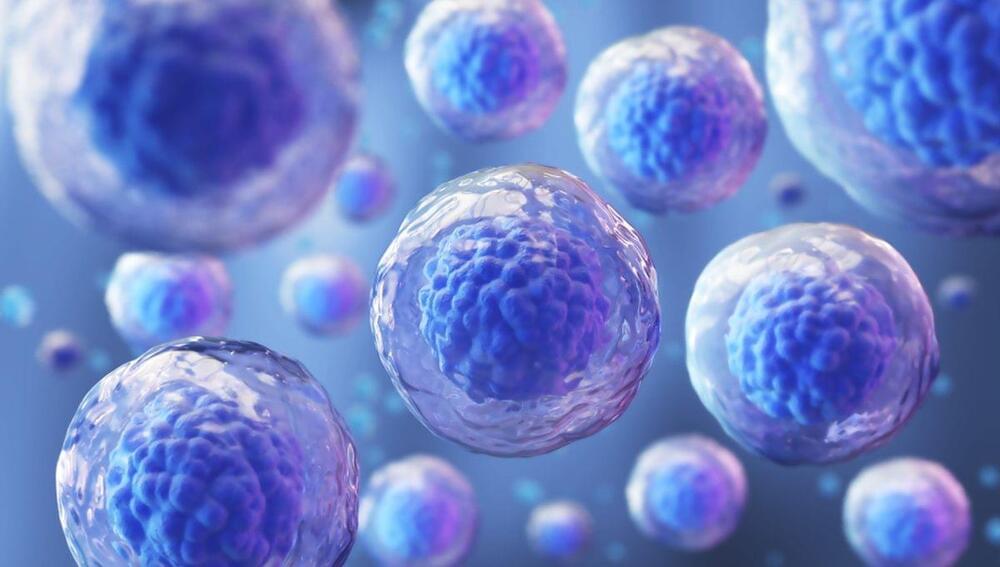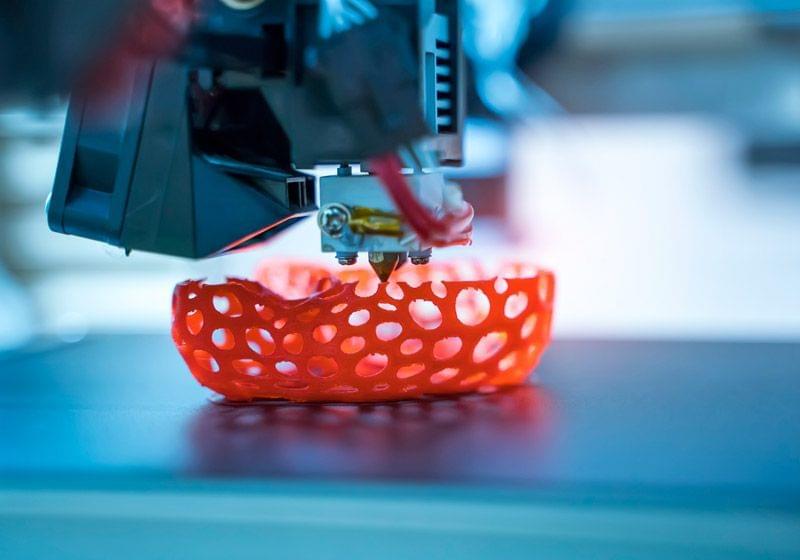Aug 28, 2023
Naked mole-rat’s ‘longevity’ gene extends lifespan and health of mice
Posted by Brent Ellman in categories: biotech/medical, genetics, life extension
Scientists from the University of Rochester have had the naked mole-rat (Heterocephalus glaber) in their crosshairs for some time, previously identifying how their unique cellular aging mechanisms lay the foundation for their long lifespans – up to 41 years, during which the females also remain fertile – and resistance to age-related diseases.
The modification directly led to the improved overall health of the aging mice and an approximate 4.4% increase in median lifespan.
They weigh about an ounce, spend their lives underground in sub-Saharan Africa and are unlikely to be making the shortlist for any cute animal calendars, but the naked mole-rat continues to show scientists it has incredible age-resistant biology beneath its pale, wrinkly skin.
Continue reading “Naked mole-rat’s ‘longevity’ gene extends lifespan and health of mice” »

















